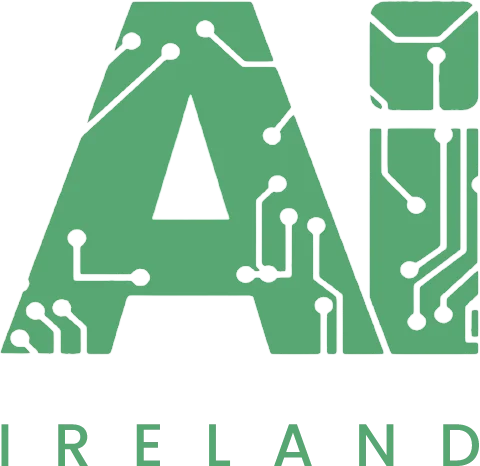OpenAI launched the chatbot and AI language tool, ChatGPT, in November 2022, and it has been a hot topic ever since. Despite the buzz surrounding ChatGPT and conversational AI, there are still several unanswered questions about what this generative AI can do for individuals and businesses. In this article, AI Ireland’s founder, Mark Kelly, provides invaluable insights into ChatGPT’s potential value and its safety for use and he also addresses the most common queries from AI Ireland’s clientele and members.
1. What is ChatGPT’s Role in the Enterprise?
ChatGPT, along with other foundational models, plays an integral part in hyperautomation and AI innovations. It automates, augments human or machine tasks, and autonomously executes business and IT processes. As such, it will likely redefine, recalibrate, and replace some tasks within various jobs.
2. What are the different Use Cases of ChatGPT?
From improving prose and code development to summarizing and classifying text, ChatGPT has numerous applications. It can also translate and convert language (including programming languages). Deployment methods include: using it as-is, prompt engineering without APIs, using APIs for prompt engineering, or custom building your version of foundational models.
3. What will be the impact of ChatGPT on the Workforce?
The workforce’s response to the introduction of tools like ChatGPT, hyperautomation, and other AI innovations will vary widely based on industry, location, enterprise size, and offerings. The use of these tools will primarily target repetitive and high-volume tasks, focusing on improving quality control and productivity. They will also be integrated into business applications to facilitate adoption and provide contextual information within applications.
4. What are ChatGPT’s Current Limitations?
ChatGPT’s training data only goes up until September 2021, meaning its knowledge of events since then is limited. Other limitations include its inability to cite sources, accept or generate image input, and train on personal knowledge bases. It cannot perform complex tasks; rather, it makes predictions. Its data privacy assurances have not undergone rigorous audits yet, and it cannot be relied on for math despite recent improvements.
5. What is the Security of Using ChatGPT?
While both OpenAI and Microsoft assure confidentiality and privacy of shared information, they have not yet fully clarified their data usage policies. Therefore, users should treat shared information as if it were public. To avoid shadow usage, companies should formulate a policy around ChatGPT, encourage innovation, monitor usage, and ensure the technology augments internal work with qualified data.
6. What does the future of ChatGPT and Generative AI look like?
Expectations for ChatGPT involve moving from its beta phase to early trials and pilots, where best practices for use will mature and adoption into business workflows will increase. However, this phase might also witness backlash over privacy, misuse of information, and bias.
7. What are the Recommended Actions?
While it’s still early days, the potential of this technology is immense. Users should encourage careful experimentation, understand the risks and best practices, and ensure all generated text is reviewed by humans. Form a task force to explore opportunities and threats, plan a discovery roadmap, and determine the skills, services, and investments needed.
8. How is ChatGPT trained?
ChatGPT is trained using a diverse range of internet text. But, it does not know specifics about which documents were in its training set or have access to any personal data unless explicitly provided in the conversation.
9. How reliable is the information generated by ChatGPT?
ChatGPT’s responses are generated based on patterns it learned during its training phase. It does not have the ability to access or retrieve factual, up-to-date information. Therefore, while it strives to provide useful and accurate information, it is always advisable to cross-verify the information from reliable sources.
10. Can ChatGPT replace human interaction?
While ChatGPT can mimic human-like conversation, it cannot replace human interaction. It lacks an understanding of context, personal experience, and common sense reasoning that is integral to human conversation.







